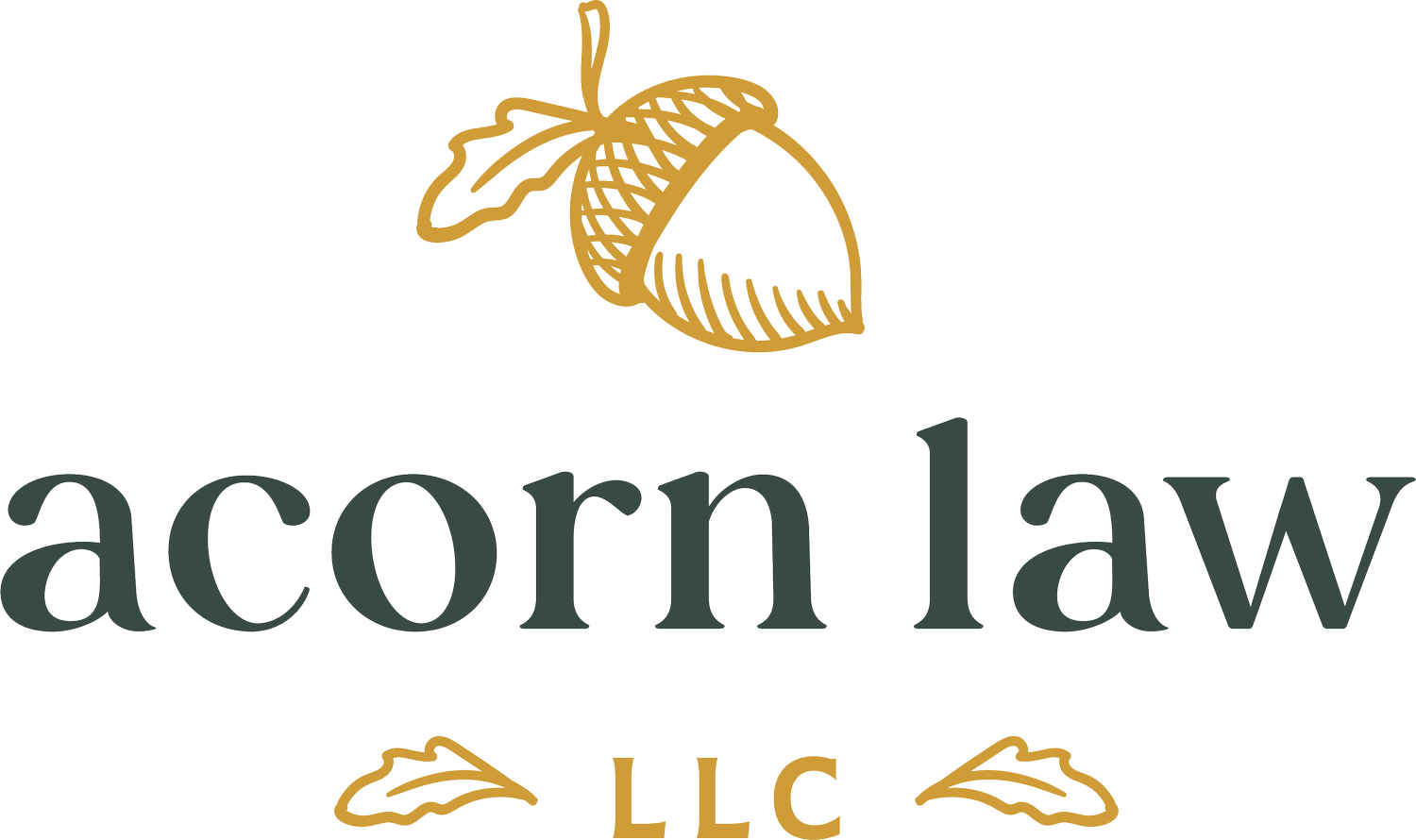3 Hot Tips to Protect Your Digital Assets
Think if you don't own crypto that you don't have digital assets? Think again! Your e-mail, social media, apps and other online interactions are all digital assets. Most Americans have well over 100 discreet digital assets that they access regularly. Today I’m sharing three tips to ensure you have a plan in place to protect your digital legacy.
Tip #1: Use Legacy Settings
Some applications have legacy settings right in the program itself. Facebook and Google are two big ones that offer this feature. If you navigate through the setting section, you can find options to designate an individual to be in charge of this digital asset in your absence. You can even set parameters for how you want it managed. This is the most sure fire way to ensure a smooth transition and that your wishes are honored as to a digital asset, so take a look and take advantage of this whenever it is available.
Tip #2: Digital Asset Clauses
Be sure to include digital asset clauses in both your Power of Attorney and your Will or Trust. Under the Revised Unified Access to Digital Assets Act (RUADAA), these clauses are sanctioned as a way to provide fiduciaries with a legal means to manage your digital assets. Check your documents to make sure they include digital asset clauses and, if they don’t, contact your estate planning attorney to be sure this important language is added.
Tip #3: Asset Lists/Log-in Systems
It won’t matter that your loved ones have the legal right to access your digital assets if they don’t have a practical means to do so. By creating a system to pass along the location and log-in information for each of your assets, you can maximize the chances that your fiduciary can locate and manage your digital assets as needed. Whether this is a pen and paper list or a password vault application, make sure you set it up and keep it up to date.
Interested in learning more? Check out my recent video or make an appointment to speak with me (experienced Maryland and New York estate planning attorney) to discuss your specific situation.


